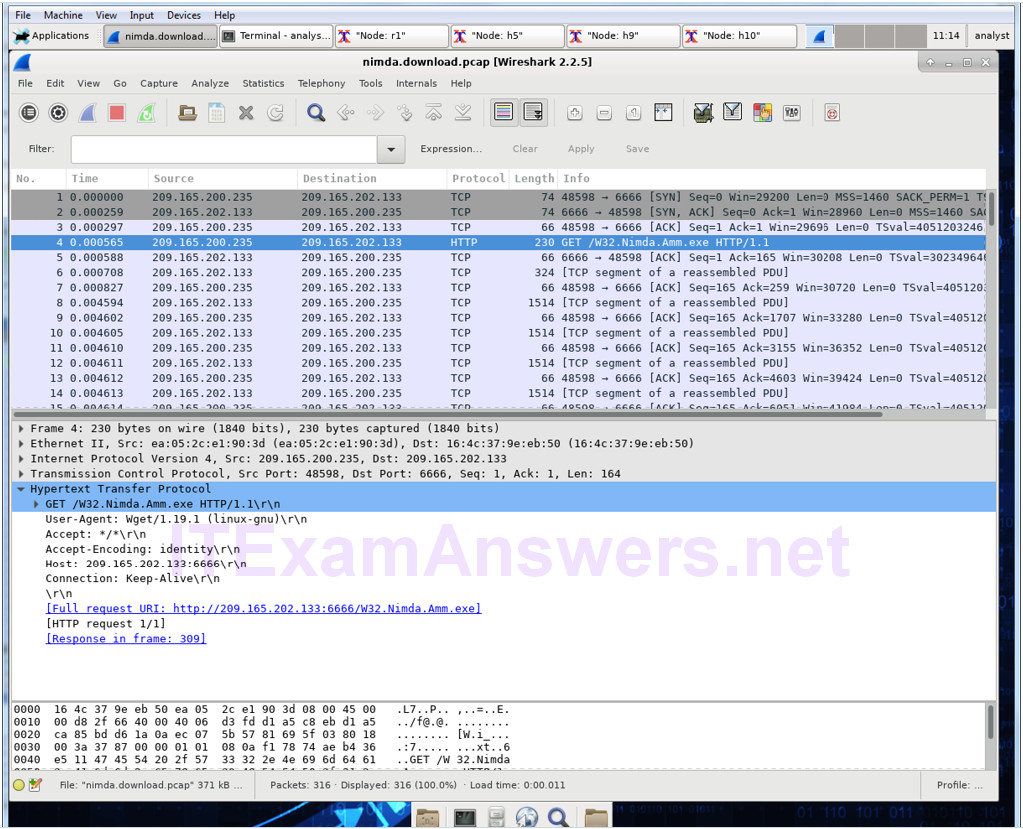
Editing the packet before replay can still be performed - but it will be at the hexdump level. If this option is not checked, Ostinato will not attempt to decode the packets but will just import them as raw binary/hexdump. By doing so, you will be able to use Ostinato's extensive packet crafting features to edit individual protocols and fields before replay. If this option is checked, Ostinato will attempt to use tshark (the command-line version of Wireshark) to decode the packets in the pcap file and then use the decoded information to create Ostinato streams. This will open a Pcap import options dialog. In the Open streams file dialog, change the file filter to PCAP (*.pcap) or All files (*) and then open your PCAP file. Prior to v1.2.0, stream related menu items were under the File menu

To import a PCAP file, first select the appropriate port in the ports list and then goto Streams | Open Streams (alternatively use the right-click context menu). Wireshark and other packet collection software help you to gather network traffic and. Move to the next packet of the conversation (TCP, UDP or IP). PCAP is a useful tool for analyzing files and monitoring network activity. In the packet detail, closes all tree items. Move to the previous packet, even if the packet list isn’t focused.

In the packet detail, opens all tree items. spawn a wireshark process, that reads from that named pipe: wireshark -nr \.Although Ostinato is primarily designed to create packets from scratch, you can also import an existing PCAP file, edit (optional) and replay it. Move to the next packet, even if the packet list isn’t focused.create a named pipe (please check your OS manual how to do that).as soon as you are ready, kill the spawned wireshark process.If you cannot write pcap format, you could use text2pcap as an intermediate tool: your_application -> STDOUT | text2pcap - | wireshark -k -i. That data needs to be in pcap format as Wireshark will only understand that. write your generated packets to STDOUT.spawn a Wireshark process in your code: wireshark -k -i.So, in your c++ program the part of tcpdump is obsolete, as you create the packets yourself.

That output is piped to STDIN of Wireshark (-i -). Tcpdump writes a data stream (pcap data structure) to STDOUT (-w -). Tcpdump -ni eth0 -w - | wireshark -k -i. So, basically what you need to do in your program is similar to this. Well, you don't have to call dumpcap, as that's just the capturing process to generate a pcap data stream, that is piped to Wireshark. What should I use as -i interface option?

Quick follow up, I am creating pcap headers in a c++ files and in the same file I want to execute dumpcap from the same c++ file to save those pcap headers, so that I can open the pcap file written by dumpcap in wireshark later on.


 0 kommentar(er)
0 kommentar(er)
